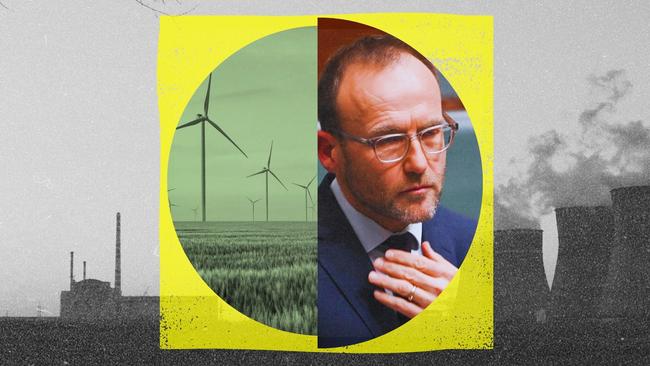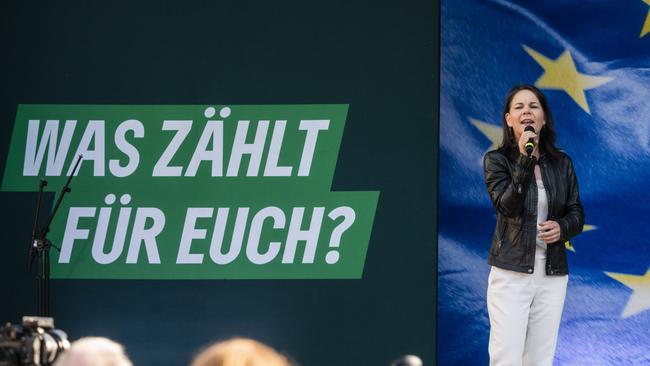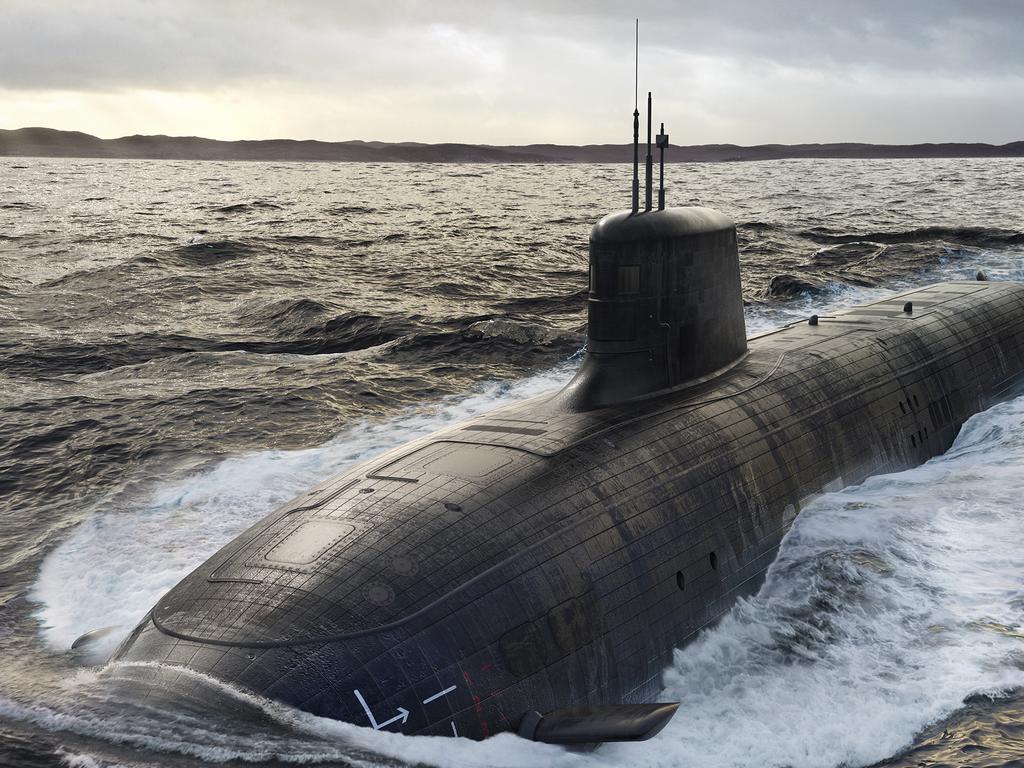
A “greenlash” is coming, as voters throughout the developed world realise how duped they’ve been by years of unscientific, uneconomic nonsense spouted by much of the media and the so-called “experts”.
The marketing genius of referring to wind and solar power as “renewable”, when the associated infrastructure needs to be replaced more often than for nuclear or fossil fuel power stations, is wearing off.
The recent European parliament elections should be a wake-up call for radical climate change evangelists. In France, support for local Green parties more than halved to 5.5 per cent. In Germany, it collapsed almost 50 per cent to 12 per cent.
Among voters under 25, the German Greens did worse than the so-called “hard right” Alternative for Germany (AfD) party, as veteran US political analyst Ruy Teixeira pointed out last week.
“There’s no doubt concerns about immigration were key to the right populist surge in these elections, but the role of backlash against green policies should not be underestimated,” he said.
“Voters really don’t want to be forced, directly or indirectly, to get an electric vehicle when they’re perfectly happy with their internal combustion car,” Teixeira added. “Rather than fighting climate change, voter’s strong preference is for cheap, reliable, abundant energy.”
In the US, support for nuclear energy for domestic power surged from 43 per cent in 2020 to 57 per cent in 2023 after flatlining for years, according to Pew Research, published in August last year.
The prospect of even higher energy prices at a time when prices in general have risen at least 20 per cent and house prices even more – all directly as a result of rampant money printing and stimulus during the Covid-19 pandemic – is proving politically toxic.

The Labor government’s childish anti-nuclear campaign built around three-eyed animals should be regarded as an international embarrassment. The number of nuclear reactors in the US, which provide around 20 per cent of the country’s electricity, declined from a peak of 111 in the late 1980s to 93. But as the anti-nuclear hysteria wears off, more reactors are being proposed. Now the Biden administration has embraced nuclear power as the only realistic way to provide reliable zero-carbon dioxide energy.
France, which has safely produced the bulk of its electricity via nuclear fission for years, has announced it is building at least six and up to 14 new nuclear power stations in coming years. India is building at least 18 by the early 2030s, and China is planning at least 100 new reactors by 2035.
Yes, new nuclear power stations will be expensive until the tempo of production increased and local industry climbed the learning curve. In any case, the cost argument is laughable given state and federal governments just sprayed around $400bn of borrowed money against the wall during Covid-19 for a cumulative excess deaths outcome that was scarcely different from Sweden’s, a country that spent barely anything by comparison.
As for safety, far more people tragically died at a South Korean electric battery manufacturing plant last week, at least 22, than have died from nuclear power related accidents since the poorly run and designed Chernobyl plant broke down in the 1980s.

Anyone who grew up near Sydney’s Lucas Heights reactor (as I did) knows nuclear power can be very safe. Whatever the case, transition to “net zero” by 2050 is a delusion. As eminent Canadian scientist Vaclav Smil pointed out in a recent essay, it hasn’t even started – despite all the trillions spent. “Since the world began to focus on the need to end the combustion of fossil fuels we have not made the slightest progress in the goal of absolute global decarbonisation,” he points out.
Since 1997, fossil fuel consumption in absolute terms has increased 55 per cent. Its share of the total has declined from 86 per cent to 82 per cent. “All we have managed to do halfway through the intended grand global energy transition is a small relative decline,” Smil writes.
For affluent nations to achieve the net-zero carbon goals outlined in the international treaties they have signed, they would have to commit to annual expenditure of at least 20 per cent of GDP, for decades. To put it in perspective this is even more than the Soviet Union spent for a few years in its existential struggle to defeat Germany in World War II.
More than 80 million kilometres of new transmission lines (equivalent of redoing the entire global grid) would need to be built by 2040, the International Energy Agency has noted.
None of this is obviously going to happen, and Australia’s policies won’t make a scintilla of difference given our tiny contribution to global carbon dioxide emission.
Adam Bandt’s Greens better hope Australia is still a few years behind the rest of the world. If Australia’s electoral dynamics come to resemble Europe’s even a little bit come the next federal election, they should be worried.
More Coverage
 In the US and Europe, more people are doing the same thing, as it becomes increasingly evident that an electricity grid powered mainly by wind and solar power is a costly pipe dream.
In the US and Europe, more people are doing the same thing, as it becomes increasingly evident that an electricity grid powered mainly by wind and solar power is a costly pipe dream.





It used to be said Australia was a few years behind the US and Europe when it came to politics. The Australian Greens Party appears to be hoping that’s still the case with the launch of its new “No coal. No Gas. No Nuclear” campaign in the wake of the Coalition’s decision to support the development of domestic nuclear power for electricity generation. I couldn’t help but fill in the next logical item in the series: “No economy”.